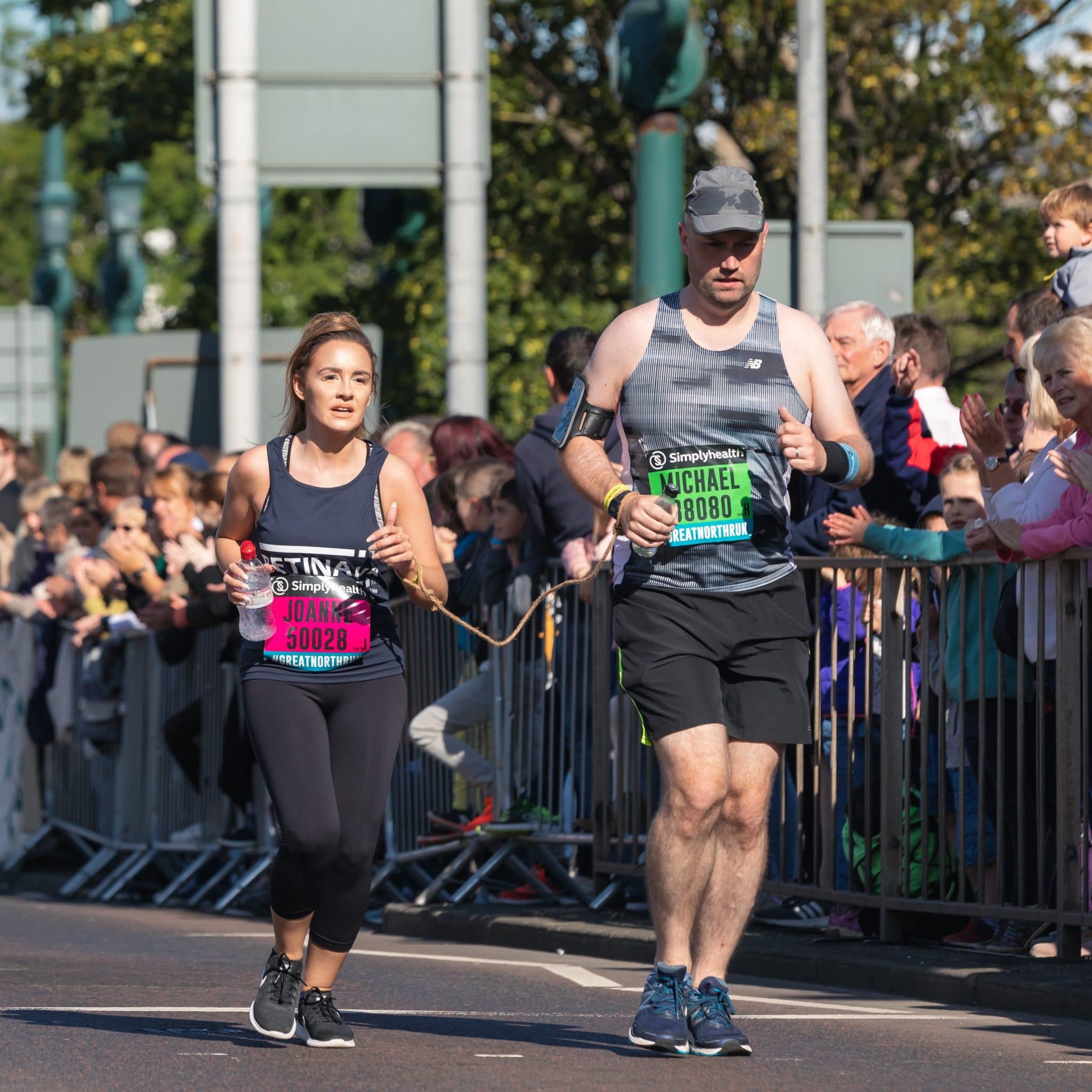
UK Hikes
This year, could you take on a challenging hike for Retina UK? From Snowdon, to Ben Nevis, to the Yorkshire Three Peaks - choose your challenge today.
Search results

This year, could you take on a challenging hike for Retina UK? From Snowdon, to Ben Nevis, to the Yorkshire Three Peaks - choose your challenge today.

The Great North Run is the largest half marathon in the world, taking place annually in North East England.
Our monthly e-Newsletter featuring the latest updates from Retina UK. Subscribe now to receive these updates directly to your email.
Our monthly e-Newsletter featuring the latest updates from Retina UK.

The UK's original closed-roads sportive, with just 5,000 places on offer each year, is back for 2025 and this exciting event attracts riders from all over the UK to take on one of the most breath-taking rides through the spectacular Scottish Highlands.
Our monthly e-Newsletter featuring the latest updates from Retina UK.

Join Stuart Copeland at Woburn Golf Club during the 50th anniversary years of both Retina UK and Woburn Golf Club.
Our monthly e-Newsletter featuring the latest updates from Retina UK. Subscribe now to receive these updates directly to your email.
Our monthly e-Newsletter featuring the latest updates from Retina UK. Subscribe now to receive these updates directly to your email.
Join our upcoming webinar to hear about our Information and Support Coordinator, Mark Baxter's, holiday in Las Vegas.